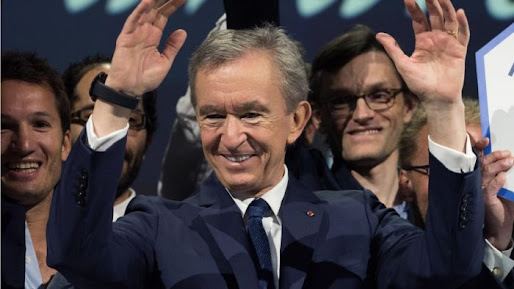A Case For The Young – By Tosin Ashafa
“Our answer is the world’s hope; it is to rely on youth. The cruelties and obstacles of this swiftly changing planet will not yield to obsolete dogmas and outworn slogans. It cannot be moved by those who cling to a present which is already dying, who prefer the illusion of security to the excitement of danger. It demands the qualities of youth: not a time of life but a state of mind, a temper of the will, a quality of the imagination, a predominance of courage over timidity, of the appetite for adventure over the love of ease.”
– Robert F. Kennedy, South Africa, 6-6-1966
I want to first start by saying that I am a young man and my passion is linked to seeing young people defy norms and conventions to blaze trails and herald new vistas. I love the youth “age group.” It’s quite a league in itself. There’s just this sometimes unexplainable energy. You just have to love them.
And in the times when I can articulate a reason for my love for youths, I feel that the reason I like this particular group of people is because they are old enough to envisage and comprehend their life, why they are in a certain situation, and how they arrived there.
They are frequently willing to look at the prospect of change and go with the flow, through the phases. And, they can generally discuss their feelings, even though it is in an outburst of anger. They are receptive to new and fresh ideas and are willing to share these ideas of theirs with you. And, like every person, I have something to learn from each of them!
I have had the privilege of listening to a lot of short, positive and powerful speeches from young people. You know, so often we hear about youths talking but almost rarely do we pause to hear from them. Things I have heard have ranged from person after person sending messages that they care about the earth, their community, each other, and the future.
Youths are deeply associated with one another and they are proud of their varied heritage. They are keen, lucid and they don’t pull any punches when they tell adults just what they see.
In my journey through life and in the process of trying to comprehend the transformation that has characterized the digital age, and investigating the opportunities that abound in helping youths prepare for their integration into civic and political life, I have concluded that civic engagement and political participation stresses the interplay between individual growth, organizations, networks, communities, and platforms.
Like my father, I decided long ago that I would turn myself into a “platform” that facilitates the interplay I talked about in the concluding part of the previous paragraph. I have become a model of civic education that leverages on youth enthusiasm for digital tools and the networked life.
I have chosen to support my peers and younger individuals that want to participate in the political and governance system in Nigeria. I have opted to be a source of morale booster, financial and logistical centre where they can draw on tools that they need to use effectively for civic purposes.
My involvement in politics has proven to be more effective and result-oriented when I’m behind the scene and my passion for the advancement of young dynamic individuals in the politics of Lagos state and Nigeria as a whole is really unmatched.
If we want young people to become more engaged and become effective civic actors, then all youths need to be provided with civic learning environments that are “connected and participatory,” and all youths need to engage in practices that offer a range of civic learning opportunities enabled by new media. This is my humble opinion.
The Importance of Youth in Politics
A quick look at a “global” list of what has been termed as “issues in youth politics” according to politicians, the media and some other sources illustrates some interesting perspectives e.g. Age of candidacy, Child labor laws/Right-to-work laws, Climate Change, Drinking age, Driving age, Education policy/reform, Environmental issues, Healthcare, Immigration, Minors and abortion, National service, School reform, Student rights, Youth vote, etc.
Unfortunately, youths are termed culprits when only a minority of people create social disruptions. Since most youths are generally self-motivated and want to do well in everything they get involved in, doesn’t this mean that they could excel in politics, leadership and governance? This is a question for us to take home.
When we open up the conversation space by allowing youths to voice their opinions, there could be a chance that we would be opening up, moving and deepening the political space. This is not only good for society, but necessary for society.
If the young do not engage in politics, even through pressure groups, imagine the chaos our political establishments would be thrown into just attempting to keep policy impartial and sustainable for coming generations.
Take, for instance, the pertinent issue of rape and sexual harassment, it would be required that many young women engage with the issue at hand because it is an issue a lot of women (young and old) are quite opinionated about.
I would love to end this article by asserting that if as a society, we have not done enough for the youths of today to get involved with politics and, as a large portion of our society, they should be allowed more access to politics to shape the world they live in, I will continue to walk in the steps of my father who mastered the approach of identifying young talents with the ability and the potential to move this nation forward.
Basheer Tosin Ashafa is a real estate / social entrepreneur with a strong interest in the early involvement of youths in politics. He can be reached via basheerashafa@rioconstructionng.com



Comments
Post a Comment